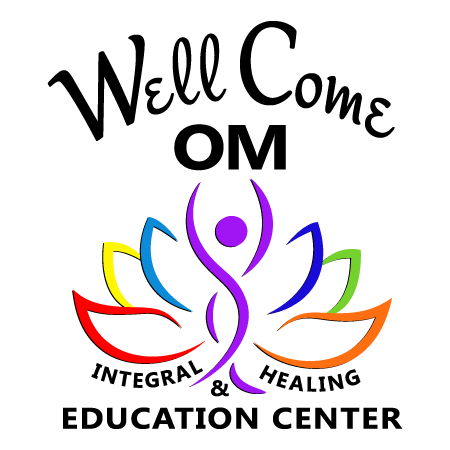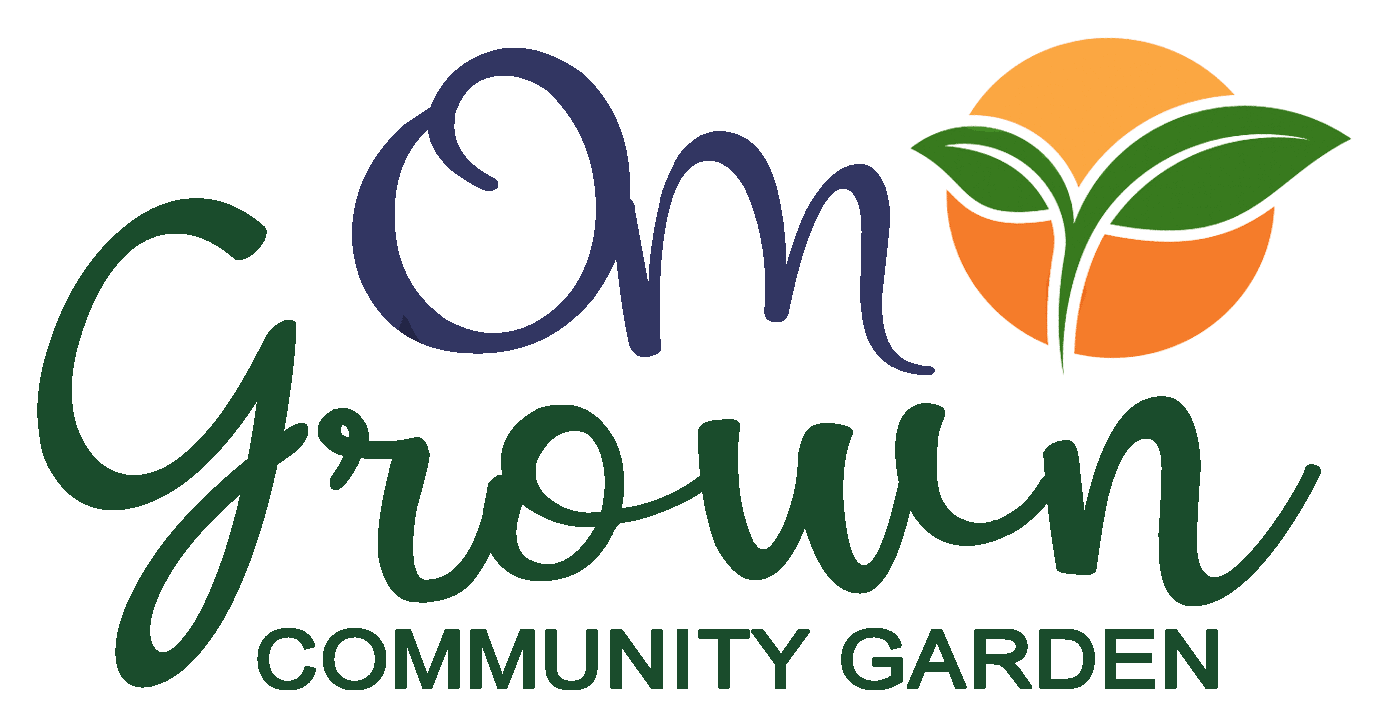Remember those resolutions of change you set for yourself moving out of the old year into the new year? Are you still on track? Or are they sitting on the shelf collecting dust?
First off, it’s important to remember that resolutions, goals, intentions, whatever you choose to call them can be made at any time of the year. That being said, the largest number of folks, around 31% of Americans, have created resolutions coming into this 2021 new year.
Table of Contents
2021’s Top 5 Resolutions
- 1.) Exercise more/Improve Fitness – 50%
- 2.) Lose weight – 48%
- 3.) Save more money – 44%
- 4.) Improve diet – 39%
- 5.) Pursue a career ambition – 21%
Overall, creating a healthier lifestyle through exercise, diet and weight loss together, has rolled in as the number one goal. This is the number one request I get from folks throughout the year as well, along with professionals looking for ways to cement and achieve their goals with their businesses.
The downside to resolutions is that less than 10% will actually keep them for more than a month. As we begin moving through the year, how are you doing? Are you still on track? Are you losing momentum? Have you lost it completely? Or maybe you never started? No matter where you are at in the process you can always start fresh, or adjust your current goals along the way as needed.
In order to become part of that successful 10% statistic, staying on track, remaining focused and committed is absolutely essential. And knowing how to set realistic goals that work for you, helps ensure your success. Below are “3 Keys” that can help you stay on track and get the job done.
3 Keys to Starting & Staying on Track with Your Goals
1. Language is Key
What will you call them? Are they goals, resolutions, intentions, outcomes, dreams, affirmations, desires, whatever? If you think it doesn’t matter what you call them, then think again. You as a unique individual have to buy into the terminology from start to finish. The strength and depth of your mental and emotional investment is equal to your level of commitment, and is what will get you to the finish line.
On the downside, some folks equate the term ‘goals’ or ‘resolutions’ to failure. This can happen if time and time again one has created ‘New Year’s Resolutions’ or written ‘Goals’ they have repeatedly not achieved. So think on this and make sure what you choose equates to potential success and not the other way around. Or, stick with your term and learn how to reframe it so it works.
When writing you goals or intentions, the same concept applies: Language is Key! Write goals in terms/language that you believe you can achieve, and that you have the power and personal control to actually make them happen. Your language has to create a mental and emotional investment that you believe in.
Start with a general goal, then start working it down to be more specific.
2. Create an Action Plan
Your ‘Action Plan’ is basically your ‘To Do’ list. They are the smaller, incremental goals/steps that will get you to the larger outcome. If you don’t want to do the steps to get to the prize, then you may need to adjust your language as it concerns the individual steps, or maybe the overall goal needs to be reworded or re-evaluated altogether. Be flexible and be willing to make adjustments and changes along the way.
Examine the various steps, prioritize and schedule them. And again, pay attention to your language.
3. Visualize Your Goal
Research tells us that it takes anywhere from 1000 to 30,000 repetitions to create an automatic response. Repetition is what creates new neural pathways, and these new mental pathways are what move us into physically taking action and eventually they become new habits of success for us. Hypnosis is a great tool for speeding up this process.
Create a mantra, visualization, meditation, and/or affirmation that genuinely makes you feel motivated, inspired by and invested in, and that you believe is possible. Paying attention to the language you choose will be key in your level of belief. Make sure you take the time to get it right for you. Don’t use someone else’s visualization, affirmation, etc. Personalize it and create your own.
Being an educated, effective, efficient, inspirational and creative goal setter is key to goal success. The goal writing process itself takes time, patience, commitment, flexibility, and repeated review. It is important to continually become more educated by researching and seeking new goal setting tools that will support you along your way.
If you absolutely don’t know where to begin, hire a coach versed in NLP-Neuro Linguistic Programming. They can help you to sort through your own personal language system, so you can create effective and specific goals. And even if you are a champ at goal setting, a coach adds a level of accountability that generally motivates us to make sure we meet our agreements with ourselves.
If you are serious about achieving specific milestones in your life, then dive into the process. Do the work! Find the language and the tools that will keep you motivated and inspired to stay on track.
Note: For more tips and tools on goal setting see my other articles and tools at:
https://mindseye3.godaddysites.com
Statistical Resource Links
- https://today.yougov.com/topics/lifestyle/articles-reports/2020/12/23/2021-new-years-resolutions-poll
- https://www.forbes.com/sites/ashiraprossack1/2018/12/31/goals-not-resolutions/?sh=1a5ae6a3879a
- 3 Ways Hypnotherapy & NLP Can Help You Lose Weight - October 11, 2021
- How To Stay On Track With Your New Year’s Resolutions: 3 Keys to Success - March 22, 2021





